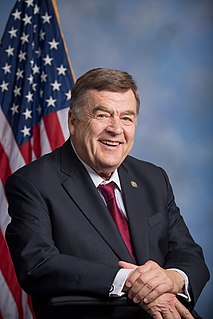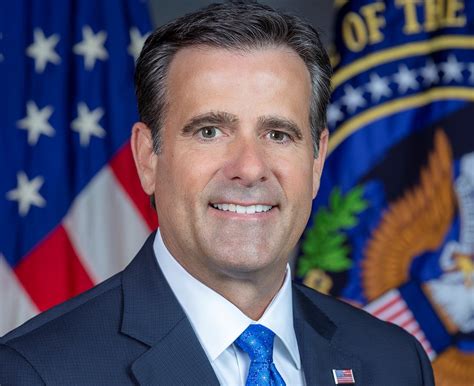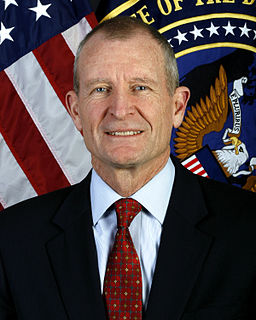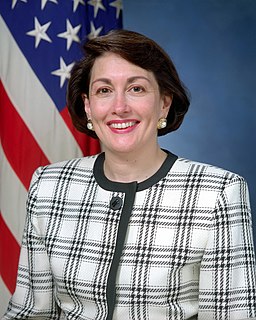A Quote by Ari Melber
The 'FISA Amendments Act' would gut the oversight system established by the Foreign Intelligence Surveillance Act of 1978, which subjected domestic spying to review by a special intelligence court.
Related Quotes
It is a little bit difficult to talk about things that do involve classified matters in public. But I think the public needs to know that there are multiple oversight layers, including the FISA Court, congressional oversight, internal oversight within the FBI and intelligence community, that protects Americans from - under - their - their privacy rights while targeting terrorists and people who are trying to kill us.
The Department of Justice believes, and the case law supports, that the president has inherent authority to conduct warrantless physical searches for foreign intelligence purposes, and that the president may, as has been done, delegate this authority to the attorney general. It's important to understand, senators, that the rules and the methodology for criminal searches are inconsistent with the collection of foreign intelligence and would unduly frustrate the president in carrying out his foreign intelligence responsibilities.
To get a FISA warrant to spy on a suspected spy, the feds go before a super-secret court located in a sealed room in the Department of Justice. With no defense lawyers present, they need only show probable cause that the target is an 'agent of a foreign power' engaged in intelligence gathering against the United States.
































